Expert opinion of sanitary and epidemiological expertise. The department for the organization of sanitary and epidemiological examinations and hygienic training consists of two departments
Sanitary and epidemiological expertise was created for research, surveys, testing, hygienic, toxicological and other types of assessments. It is carried out in order to state supervision for the sanitary and epidemiological state of products, hygienic monitoring and licensing of controlled facilities.
Like any other examination, it consists of three stages: preparation, main work, conclusion.
The main task of the examination
The work of sanitary epidemiological expertise is aimed at establishing the compliance or non-compliance of the inspected object with the sanitary and epidemiological rules established by the state.
The task of the examination is to identify the conformity of the factors surrounding a person. Do they comply with the normal operating conditions for legal and individuals buildings, structures, structures used by them, vehicles, premises and territories.
Hygienic expertise works for the benefit of people and checks the quality of products. The processes of its safe production, storage, sale and operation are studied.
Checks compliance with requirements established documents, which are accepted in accordance with the legislation of the Russian state. 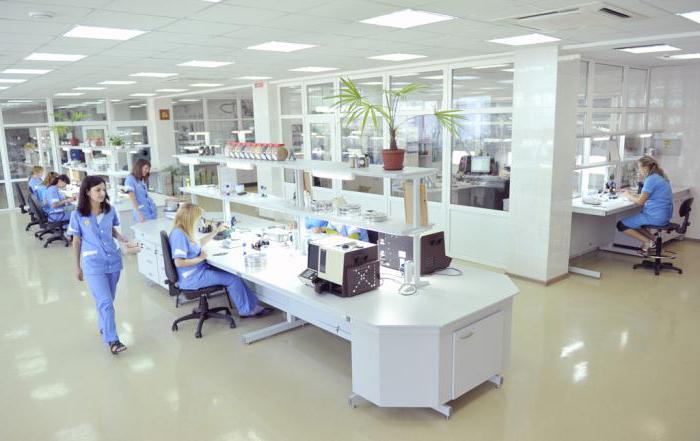
Objects of sanitary control
List of objects that are checked by employees of the sanitary and epidemiological service (SES):
- Land.
- Water objects.
- Objects of social significance for the population (schools, kindergartens, shelters for children who have become orphans or left without parental care, medical institutions of various types).
- Organizations whose activities are related to public catering and trade (cafes, restaurants, canteens, shops and other institutions).
- Objects providing housing and communal services to the population (baths, saunas, hairdressers, laundries, sewerage and water supply facilities, facilities intended for the collection, storage and disposal of waste and household garbage).
- Multi-apartment houses and individual construction.
- Industrial buildings, structures and buildings.

Issues to be considered during the examination
Conducting a sanitary and epidemiological examination includes the following points of the issues considered during the inspection:
- Compliance or non-compliance of project documents with sanitary norms and rules. This refers to projects for the construction, repair, technical re-equipment and reconstruction of capital construction projects or temporary structures, buildings and structures.
- Whether objects of industrial and non-industrial purposes, capital construction, as well as temporary buildings and structures, such as pavilions, container sites, kiosks and others, meet or do not comply with the requirements of sanitary rules and regulations.
- Whether the living conditions of the population meet or do not meet the requirements, including on the territory of individual residential buildings. Sanitary control determines the possibility and safety of people living. The verification is carried out from the position of legislatively fixed requirements in the field of ensuring the sanitary and hygienic well-being of the population.
- Meets or doesn't meet conditions production activities and production processes requirements sanitary norms and rules. It also examines the impact of this production on environment and the conditions in which the population lives in the zone of influence of the inspected object.
The above issues are far from all that the Center for Sanitary and Epidemiological Expertise decides during the inspection.
Expertise affects almost all spheres of human life, and regulation in these matters allows sanitary control in each specific case, individually determine which methods of examination should be used and how to solve difficult situation from the position of legislation in the field of sanitary and epidemiological control. 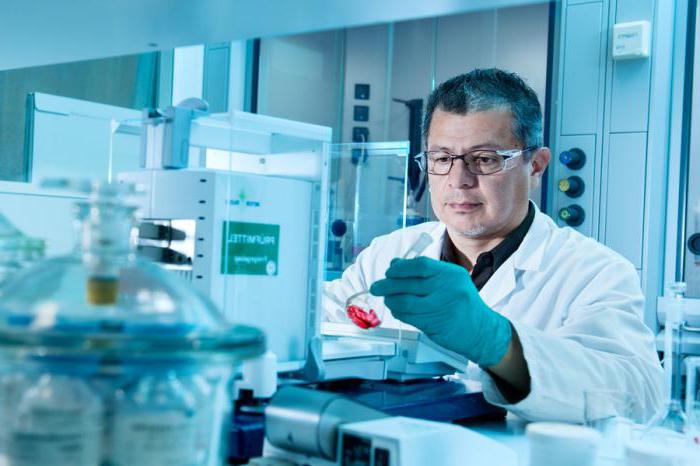
Types of sanitary and epidemiological expertise
Examinations can be carried out in accordance with the inspection plan and unscheduled examinations, as well as an assessment of domestic and imported goods subject to mandatory certification.
Scheduled check
Sanitary and epidemiological expertise, called scheduled, is carried out as a preventive or according to the schedule of inspections. It is carried out in order to control the quality of the product in terms of bacteriological, organoleptic, physical and chemical indicators.
During the planned examination, control:
- The quality of newly manufactured products, materials of containers and utensils that come into contact with food products and as a result of chemical reactions are able to change their quality.
- Does the manufactured product comply with the recipe, which is agreed with the state hygienic control authorities. Especially these checks are carried out in cases where the content of sugar, salt, acid and water determines the safety and stability of food. A routine inspection is aimed at determining the residual amount of antibiotics, food additives, pesticides, water and heavy metal salts in food products.
- In children's educational institutions, treatment-and-prophylactic and other socially significant objects check the quality of cooked food.
- The quality of food products is checked at enterprises Food Industry and food products that are sold in the trading network.
- Scheduled checks are carried out on food products that are specifically classified perishable products: these are milk mixtures, confectionery cream-based, boiled sausages, dairy products. In this case, the studies are aimed at assessing bacteriological and physico-chemical parameters and assessing the quality of the heat treatment performed.
The planning of the sanitary and epidemiological examination is carried out taking into account the sanitary and technical condition of food objects, as well as the epidemic significance and quality of the food products produced.
Samples are taken at the objects under study for testing. laboratory research.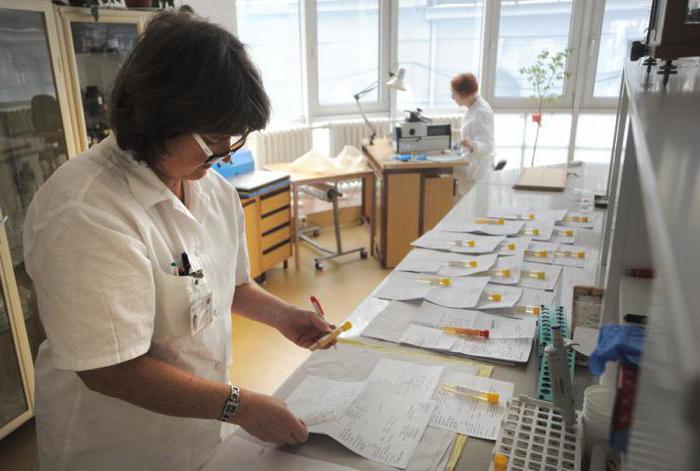
Unscheduled inspection of SES
This type of examination is carried out if the employees of the SES are suspicious of certain types of products. This can be either the own initiative of the sanitary and epidemiological service, or the appeal of various organizations and departments.
An unscheduled inspection is carried out in the arbitration mode, by order of higher authorities of the hygienic service, in the event of a dispute between the SES service and an economic entity on issues related to hygiene and epidemiology.
This examination is also carried out on behalf of the governing bodies, controlled bodies, on behalf of the investigating and judicial authorities, in cases where the competence of a sanitary doctor is necessary.
The procedure for conducting an examination
Sanitary and epidemiological supervision conducts an examination of goods as follows:
- Initially, all goods are inspected and evaluated for their external qualities.
- The packages with the goods are opened.
- Sampling is carried out for organoleptic studies. Samples are taken in accordance with the regulatory documentation.
- After inspecting the goods and taking samples for research, an act is drawn up, which indicates the composition of the commission, the time and place of drawing up the act, the basis for conducting sanitary and epidemiological surveillance, general information about products (under what conditions the goods are stored, data from organoleptic studies, the number of unpacked goods).
- Indicate general information about the product in the act.
- Prescribe information about the samples taken.
- If the conclusion on the quality of the goods can be drawn up without the use of laboratory tests, then the conclusion on the quality of the goods is indicated in the act at the place of its preparation.
If laboratory tests are required, they are carried out by accredited laboratories. 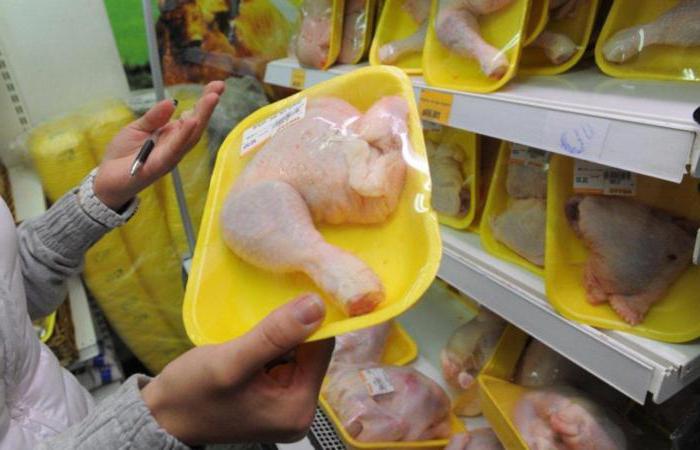
Since July 1, 2010, sanitary and epidemiological conclusions are no longer issued. To date, there are two documents in circulation: an expert opinion of Rospotrebnadzor and a certificate of state registration.
Expert opinion of Rospotrebnadzor
This conclusion is drawn up according to the same principles as the previous conclusion of the SES. The advantage is that the conclusions of Rospotrebnadzor have become indefinite and are voluntary. That is, the conclusion does not contain the term of its validity and the suppliers of goods or manufacturers themselves decide whether they need this conclusion or not.
Of course, most large companies value their reputation and require suppliers to provide an opinion from Rospetrebnadzor. Customs also require this document in case of doubts about the quality of imported goods into the territory of the Russian Federation. 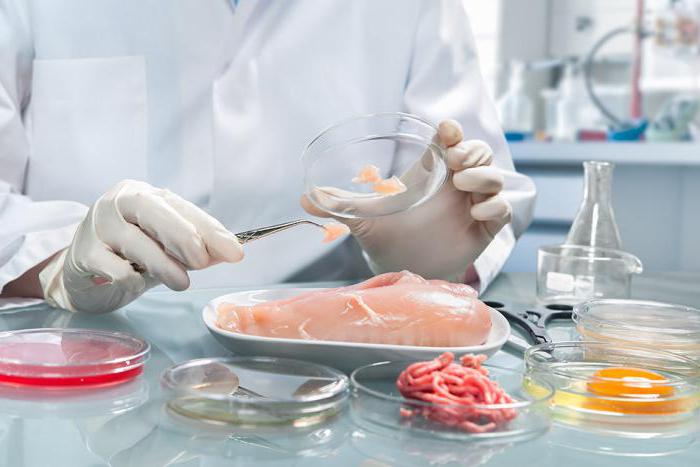
Certificate of State Registration of Rights
This is an official document that confirms the compliance of product quality with the requirements of technical regulations.
The certificate is valid indefinitely, that is, having received it once, you no longer need to worry about a new product quality check.
List of documents,
necessary for the sanitary and epidemiological examination
List of documents required for conducting a sanitary and epidemiological examination in order to obtain a sanitary and epidemiological conclusion for the type of activity with purpose of licensing(in accordance with article 40 federal law dated 01.01.2001 "On the sanitary and epidemiological well-being of the population"):
General:
1. an application for a sanitary and epidemiological examination;
2. title documents or their copies:
certificate of registration with the tax authority legal entity or individual entrepreneur;
certificate of entry in the unified state register of legal entities or individual entrepreneurs;
extract from the single state register legal entities or individual entrepreneurs;
statutory documents of the institution;
3. documents for the right to use buildings, premises (an agreement on the transfer of property for free use, a lease agreement, an extract from the register of state property, a certificate of ownership / right of operational management) necessary for the implementation of licensed activities;
4. explication of the premises;
5. documents confirming the performance (contracts, acts of work performed):
ü removal and disposal of waste;
ü removal and disposal of waste fluorescent lamps;
ü deratization and disinfestation;
6. documents confirming the presence of properties (resistance to wet cleaning, to treatment with detergents and disinfectants) of finishing materials (paint) used for interior decoration premises - documents confirming permission to use in educational institutions, health care facilities;
8. service contracts, operation logs, checks and repairs of ventilation systems, PPR schedules;
9. acts of revision of internal engineering networks (water supply, sewerage, heating) for the last year;
10. documents for the disinfectants used (certificates of state registration, certificate or declaration of conformity, instructions for use or specifications).
1. declared types of activities (including additional ones);
2. design capacity of the institution;
3. the number of students (engaged);
4. shift work;
5. information about the organization of the drinking regime;
6. documents on a PC, interactive whiteboards (if available).
1. a complete list of the declared types of work (services) in accordance with the order of the Ministry of Health of the Russian Federation n “On approval of requirements for the organization and performance of work (services) in the provision of primary health care, specialized (including high-tech), ambulance (including ambulance specialized), palliative medical care, provision of medical care during sanatorium-resort treatment, during medical examinations, medical examinations, medical examinations and sanitary and anti-epidemic (preventive) measures as part of the provision of medical care, during transplantation (transplantation) of organs and (or) tissues, circulation of donor blood and (or) its components for medical purposes”;
2. a list of medical equipment and equipment with a note on the availability of documents allowing, in the prescribed manner, their use in healthcare facilities (certificates of state registration, passports);
3. documents confirming the performance (contracts, acts of work performed):
ü centralized washing of soft equipment, including sanitary clothes;
ü maintenance of medical equipment;
ü maintenance of bactericidal installations (including commissioning certificates, work control logs);
ü Disinfection ventilation systems;
4. general plan of the site indicating: zoning of the territory; structures on the territory, including waste collection sites; car parking for visitors and employees;
5. protocols of laboratory studies within the production control (if any), performed by an accredited laboratory;
6. security medical personnel means personal protection, availability and completeness of the necessary means of first-aid kits for the prevention of HIV infection;
7. in the presence of laboratories in which work is carried out with PBA of III-IV pathogenicity groups - a sanitary and epidemiological conclusion for activities related to the use of pathogens infectious diseases(microorganisms III - IV groups of pathogenicity);
8. list of disinfectants used for disinfection of premises, linen, equipment, utensils, types of skin antiseptics, conditions for their storage and use; data of microbiological production control for the last year;
9. availability of CSO (autoclave); a list of premises where sterilizing equipment is installed; list of sterilizing equipment; packaging methods for sterilized dressings and medical instruments;
10. description of the system for monitoring the operation of sterilizing equipment, disinfection chambers (department of chamber disinfection): an agreement with a specialized organization to monitor the operation of sterilizing equipment, disinfection chambers, results laboratory control, list of sterilization indicators;
11. list of means used for pre-sterilization treatment (PSO); types of PSO control; production control data;
12. sanitary passports for physiotherapy rooms;
13. sanitary and epidemiological conclusions for work with sources of ionizing radiation (X-ray equipment);
14. medical waste management scheme.
For waste management activities:
1. documents under the "general" section of paragraphs 1, 2, 3, 7;
2. technical regulation(project, passport of the enterprise, specifications, instruction), containing information on the conditions for collection, accumulation, methods of packaging waste in accordance with the requirements of paragraph 3.6 of SanPiN 2.1.7.1322-03 " Hygiene requirements to the placement and neutralization of production and consumption wastes”;
3. materials to substantiate the hazard (toxicity) classes of wastes and the sanitary and epidemiological conclusion on them in accordance with the requirements of paragraphs 1.4, 2.10 of SP 2.1.7.1386-03 " Sanitary regulations to determine the hazard class of toxic production and consumption wastes”;
4. list of special technical devices and installations necessary for the implementation of the licensed activity, and documents confirming the right to use them.
Head of department:tel. 8-(495) 452-4907
The department for the organization of sanitary and epidemiological examinations and hygienic training consists of two departments:
Department of hygiene training
- department of sanitary and epidemiological examinations with register maintenance
The Department of Sanitary and Epidemiological Expertise carries out:
1. Acceptance of documents and organization of sanitary and epidemiological examinations for the possibility of placing objects of economic and other activities for the purpose of obtaining sanitary and epidemiological conclusions and expert opinions on objects of food and non-food trade, Catering, industrial enterprises, public utility facilities, medical, children's educational institutions;2. Production control- organizing the development and evaluation of plans (programs), including in terms of laboratory and instrumental control;
3. Organization of sanitary and epidemiological examinations of vehicles intended for the transport of food products;
To apply for an examination, you must provide the following documents:
1. Application according to the attached sample;
2. Power of attorney;
3. Certificate of registration of a legal entity or individual entrepreneur;
4. Certificate of registration with the tax authority;
5. Lease agreement / sublease / or certificate of ownership;
6. Folder-file.
All documents are submitted in the form of photocopies, not certified by a notary.
Department of hygiene training:
1. Carries out the issuance, execution and registration of personal medical books for organizations and individuals.2. Conducts hygienic training and certification (field lectures for organizations from 20 people).
3. Advise clients on medical examinations.





